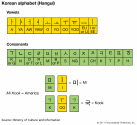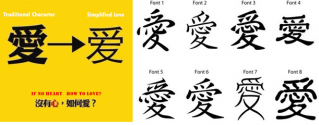Me bad, I must try try harder and avoid making the same mistake again.I know you are not saying it on purpose, but I must make the correction before I reply, it is two regions of the same country, Taiwan and Mainland. Both constitutions on the two sides declares one China covering both regions.
The difference in spoken Mandarin is as big as the difference between British English (BBC English) and American English (CNN English).
Mandarin is a group of dialects that encompass more than two third of China's area. Mainland's (standard) mandarin is based on the pronunciation of a dialect in Luanping county, Chengde city, Hebei province, a variant of Beijing dialect. The vocabulary is based on northern mandarin dialects (north, northeast and northwest). Taiwan's mandarin (国语 national speech) is an evolutiion
The vocabulary also diverted after ROC retreated to Taiwan, something similar to "Pants" in American and "Trousers", such as 激光 vs 镭射, all means LASER, 导弹 vs 飞弹 meaning missile.
You may recall the story of the Chinese defector to Australia who claimed to be a spy.
Western journalist went crazy with the story. One even interviewed a retired Tawainese spy chief who dismissed the claim by saying that the so called spy Wang's Mandarin was terrible. How bad could it get in dialect usage if a James Bond mainlanders mandarin arouses warning bells to a Taiwanese spy chief. He also pointed all Chinese spies have to know how to speak English, something that Wang could not do, therefore he was a fraud. Coupled with that he could not properly name the Chinese security service he claimed to work for.
Sometimes I come across signage written in Chinese, Japanese, and Korean, and often wonder how Korea once used a form of Chinese written language which appears so complex to be now down to simple lines, squares, and circles. Unlike Japanese, I can't see any correlation whatsoever.
You probably tell me to go learn Korean and find out
Last edited:


